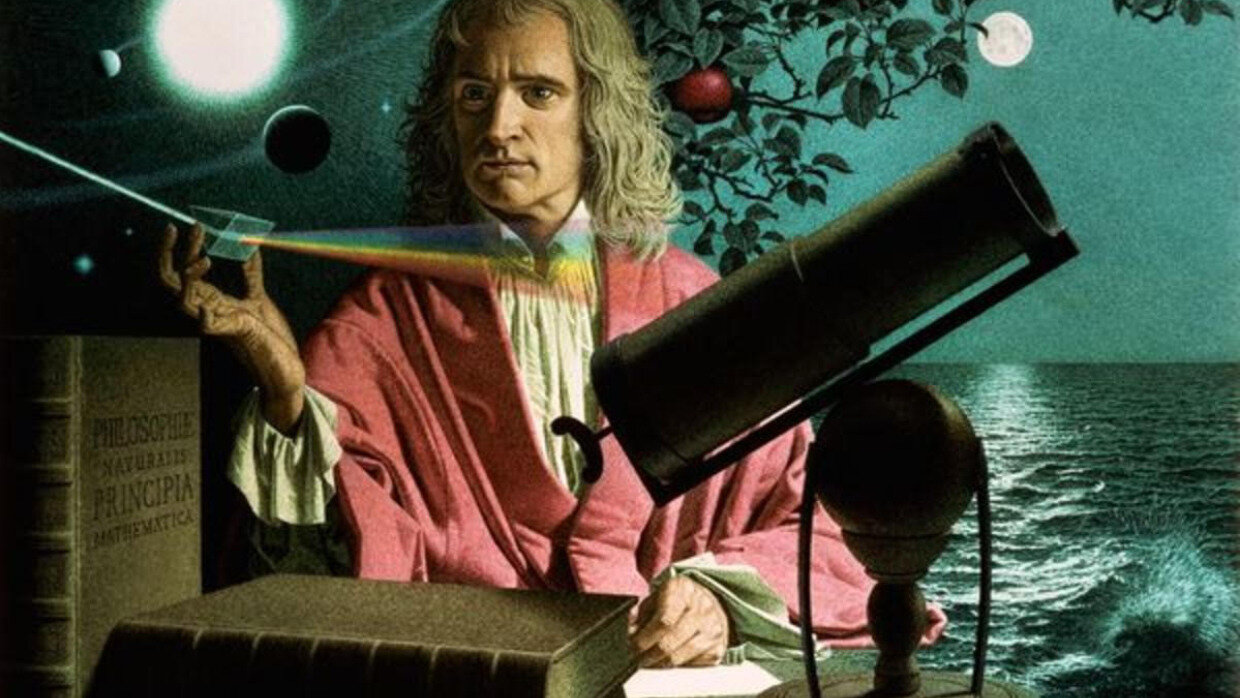
Explore the World of Physics: From Quarks to Black Holes
Discover the wonders of physics, from subatomic particles to cosmic phenomena. Learn about the education, skills, and career outlook in this captivating field.
Explore the specialty of Physics!
Are you interested in Science jobs? Then specializing in a career in Physics might interest you.
What it takes to work in
Bachelor's degree in physics or related field for entry-level positions.
Master's or Ph.D. for advanced research or teaching roles.
Language requirements for the Physics domain
Proficiency in English is essential for reading scientific literature and collaborating internationally.
Additional languages may be beneficial for research in specific regions or collaboration with international teams.
Skills required to work in Physics
- Strong mathematical skills for theoretical analysis and problem-solving.
- Analytical thinking and critical reasoning abilities.
- Effective communication skills for presenting research findings and collaborating with peers.
- Attention to detail and meticulous experimental techniques.
- Adaptability to new technologies and methodologies in experimental and theoretical physics.
Career Path
Projected job growth in physics is steady, with opportunities in academia, research institutions, government agencies, and private industry.
Demand for physicists is expected to increase as technological advancements drive innovation in fields like renewable energy, quantum computing, and space exploration.
Career advancement opportunities include leadership roles in research projects, tenure-track professorships, and interdisciplinary collaborations with other scientific disciplines.
Work Environment
Physicists work in a variety of settings, including laboratories, universities, government facilities, and corporate research centers.
Research environments may vary from large collaborative projects to individual experimentation and theoretical analysis.
Flexible work arrangements, such as telecommuting and international collaborations, are common in the field of physics.
Top Universities & Colleges specializing in Physics
- Massachusetts Institute of Technology (MIT), USA
- Stanford University, USA
- University of Cambridge, UK
- ETH Zurich, Switzerland
- University of Tokyo, Japan
Nobel Laureates in Physics
The Nobel Prize in Physics has been awarded to numerous groundbreaking physicists for their contributions to the field.
Examples include Albert Einstein for his theory of relativity, Marie Curie for her research on radioactivity, and Richard Feynman for his work in quantum mechanics.
- Albert Einstein
Theory of Relativity - Marie Curie
Radioactivity - Richard Feynman
Quantum Mechanics
Notable Academics specializing in Physics
Physics has a rich history of groundbreaking discoveries, from Isaac Newton's laws of motion to Albert Einstein's theory of relativity.
Modern physics continues to push the boundaries of our understanding, with research in quantum mechanics, particle physics, cosmology, and beyond.
Notable physicists like Richard Feynman, Stephen Hawking, and Marie Curie have made significant contributions to the field, inspiring future generations of scientists.
- Isaac Newton
Laws of Motion - Stephen Hawking
Black Hole Theory - Neil deGrasse Tyson
Astrophysicist
Salary Expectations
Salaries for physicists vary depending on factors like education, experience, and location.
Entry-level positions typically start around $50,000 to $70,000 per year, while experienced physicists can earn six-figure salaries or more, especially in academia or research.
Salaries may be higher in certain industries, such as aerospace, defense, or technology.
Additionally, physicists may receive grants, bonuses, or other forms of compensation for their research contributions.
Physics Industry Associations
Physics has a rich history of groundbreaking discoveries, from Isaac Newton's laws of motion to Albert Einstein's theory of relativity.
Modern physics continues to push the boundaries of our understanding, with research in quantum mechanics, particle physics, cosmology, and beyond.
Notable physicists like Richard Feynman, Stephen Hawking, and Marie Curie have made significant contributions to the field, inspiring future generations of scientists.
- American Physical Society (APS)
https://www.aps.org/ - European Physical Society (EPS)
https://www.eps.org/ - Institute of Physics (IOP)
https://www.iop.org/
Considering a career in Physics? Here's a run down!
Physics offers a fascinating journey into the mysteries of the universe, from the smallest particles to the vast expanse of space.
Whether you're passionate about uncovering the fundamental laws of nature or exploring cutting-edge technologies, a career in physics offers endless opportunities for discovery and innovation.